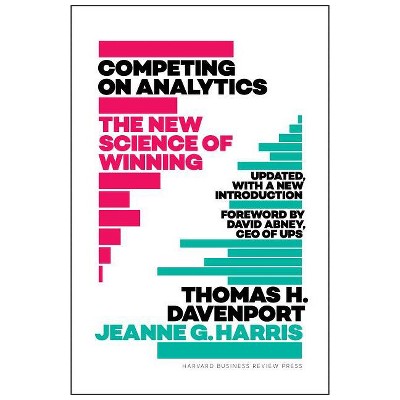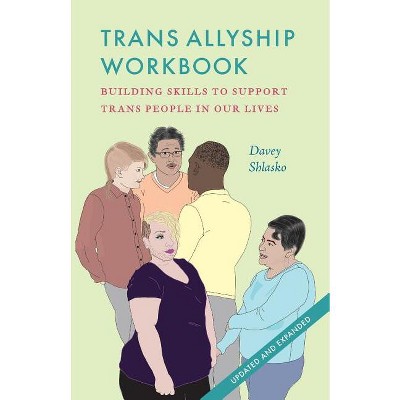Sponsored

The Conscience of the Campus - by Joseph Dillon Davey & Linda DuBois Davey
In Stock
Sponsored
About this item
Highlights
- The conscience of today's college students is guided by the personal moral values that underlie its concept of justice.
- About the Author: JOSEPH DILLON DAVEY is a lawyer, political scientist, and author of numerous articles and books on public policy.
- 160 Pages
- Freedom + Security / Law Enforcement, General
Description
About the Book
The conscience of today's college students is guided by the personal moral values that underlie its concept of justice. College professors frequently avoid discussions of moral values, fearful of either the deconstructionist's criticism or the alleged wall of separation between church and state. Regardless of their reasons, they tend to argue that today's students have no interest in discussing abstract concepts of morality. The Daveys argue that given the right case studies of moral dilemmas, today's college students will enthusiastically share and discuss their own moral values, learn to critically examine pressing social issues, and grow to new levels of understanding.
More than two dozen scenarios involving moral questions concerning race, poverty, crime, drugs, sex, religion, educational funding, and constitutional rights are presented. These issues are faced by a generation raised during the information revolution. College students live in a world of such rapid change that nothing is certain about their future. It may well be that there has never been a time when college students were more eager to discuss fundamental questions about right and wrong, to examine their own moral values. This timely work is of value in any course touching upon moral values, including courses in sociology, education, political science and law, child development, criminal justice, and philosophy.
Book Synopsis
The conscience of today's college students is guided by the personal moral values that underlie its concept of justice. College professors frequently avoid discussions of moral values, fearful of either the deconstructionist's criticism or the alleged wall of separation between church and state. Regardless of their reasons, they tend to argue that today's students have no interest in discussing abstract concepts of morality. The Daveys argue that given the right case studies of moral dilemmas, today's college students will enthusiastically share and discuss their own moral values, learn to critically examine pressing social issues, and grow to new levels of understanding.
More than two dozen scenarios involving moral questions concerning race, poverty, crime, drugs, sex, religion, educational funding, and constitutional rights are presented. These issues are faced by a generation raised during the information revolution. College students live in a world of such rapid change that nothing is certain about their future. It may well be that there has never been a time when college students were more eager to discuss fundamental questions about right and wrong, to examine their own moral values. This timely work is of value in any course touching upon moral values, including courses in sociology, education, political science and law, child development, criminal justice, and philosophy.Review Quotes
"For those for whom the polemics ring true, this work may deserve a welcomed place on their bookshelf. From everyone else, it provides a framework for exploring and introducing moral reasoning in the classroom." --The Journal of Academic Librarianship
"^IConscience of the Campus^R succeeds admirably in thoroughly and concisely laying out a host of moral-legal issues that we on college campuses should discuss with our students....very useful." --AAHE Bulletin "...likely to generate serious discussion in almost any academic discipline....a helpful tool toward addressing one of the pressing concerns of academic life--the conscience of the campus community." --Journal of College Student Development "The authors have written an engaging little book peppered with numerous and varied ethical case studies and examples of moral reasoning in action--all with the intention of sparking a meaningful dialectic in the academic classroom and beyond. ... To my delight, the interlocutor method employed by the authors renders this book very relevant to today's college student. ... this text is a very welcomed addition (albeit late) to the scholarship of teaching ethics and moral reasoning in college, and I recommend it with enthusiasm." --Philosophical PracticeAbout the Author
JOSEPH DILLON DAVEY is a lawyer, political scientist, and author of numerous articles and books on public policy. Currently he is Associate Professor of Law and Justice at Rowan University of New Jersey.
LINDA DuBOIS DAVEY is Assistant Professor of Education at Hofstra University. She has published numerous articles on education issues.Shipping details
Return details
Frequently bought together

Trending Non-Fiction






Discover more options










